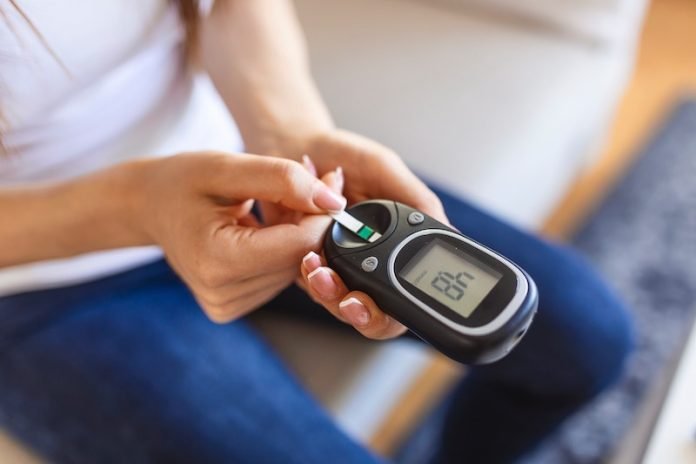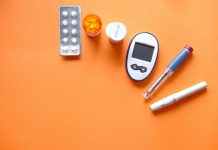
A Paradigm Shift in Kidney Disease Detection
In a groundbreaking study, researchers from The University of Texas Health Science Center at San Antonio report that urine levels of adenine—a metabolite produced in the kidney—are predictive and causative indicators of progressive kidney failure in patients with diabetes.
Published in the Journal of Clinical Investigation, this discovery has the potential to revolutionize early diagnosis and treatment.
Beyond Protein Levels
Until this study, the primary marker for kidney disease has been the presence of protein (or albumin) in urine.
However, this marker doesn’t capture the full risk population, as up to half of the diabetes patients who ultimately develop kidney failure never exhibit elevated protein levels in their urine.
The Widespread Impact
More than 37 million Americans suffer from diabetes and remain at an increased risk of kidney disease, despite having low levels of albumin in their urine.
This study is the first to identify a new causative marker in urine, providing a way to catch the disease five to ten years before kidney failure occurs.
The Role of Adenine in Kidney Disease
The research team also found that a small molecule could block endogenous adenine production, reducing kidney adenine levels in mice with type 2 diabetes.
According to Kumar Sharma, MD, senior study author and professor at UT Health San Antonio, “The drug protected against all major aspects of diabetic kidney disease without affecting blood sugar.”
Global Consistency
The team’s findings held true across diverse international study populations, including African Americans, Hispanics, Caucasians, American Indians, and an Asian cohort, highlighting the generalizability of this marker for kidney disease.
The Promise of Precision Medicine
The results of this study could lead to precision medicine approaches that identify at-risk individuals long before the advent of irreversible kidney damage.
As Sharma points out, treatments for diabetes and blood pressure may delay the onset of kidney failure but don’t prevent it entirely. The identification of adenine as a causative marker opens up new avenues for early intervention.
Although measuring urine adenine is challenging, the team has developed a robust and sensitive method to do so.
“What we’re hoping is that by identifying patients early in their course and with new therapies targeting adenine and kidney scarring, we can block kidney disease or extend the life of the kidney much longer,” says Sharma.
A Timely Breakthrough
With a 40% mortality rate within five years for patients with diabetes and kidney failure, this research provides a much-needed beacon of hope.
It offers the possibility not only of early detection but also of targeted treatments that could significantly improve patient outcomes.
By expanding our understanding of how to identify at-risk patients, this study brings us one step closer to reducing the burden of kidney disease in the diabetes population and could dramatically alter the trajectory of this devastating complication.
If you care about kidney health, please read studies about how to protect your kidneys from diabetes, and drinking coffee could help reduce the risk of kidney injury.
For more information about kidney health, please see recent studies about foods that may prevent the recurrence of kidney stones, and eating nuts linked to lower risk of chronic kidney disease and death.
The study was published in the Journal of Clinical Investigation.
Follow us on Twitter for more articles about this topic.
Copyright © 2023 Knowridge Science Report. All rights reserved.



